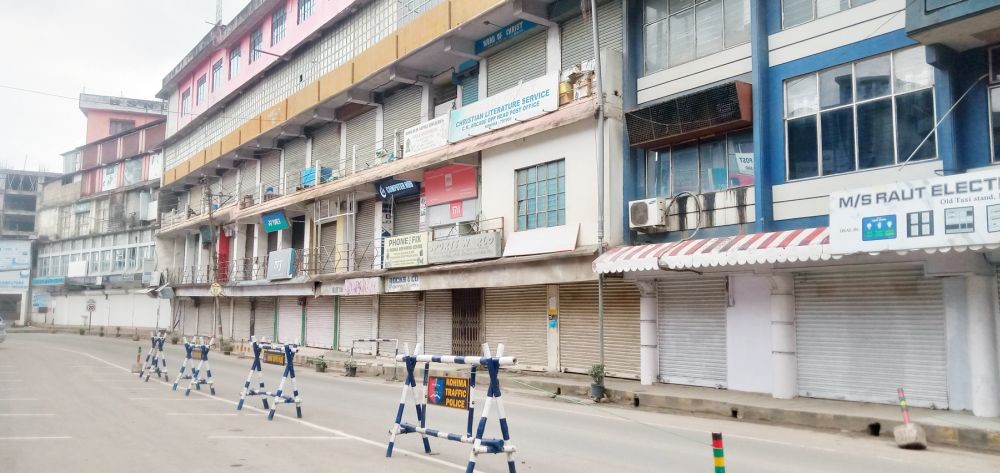
Second PFI North-East Regional Media Workshop on Family Planning ends in Kolkata
Morung Express News
Kolkata | May 12
Family planning is not just about population control. It saves lives and offers quality family planning methods to couples. This was the takeaway from the first day of the North-East Regional Media Workshop on Family Planning, which started here on May 11, and ended on May 12, at Kolkata’s Hotel Hindustan International.
Organised by the Population Foundation of India (PFI), a national level think tank on population issues, the workshop brought together regional media to understand the key issues and concepts on family planning.
Several media organisations from Odisha and the North East, including Nagaland are attending the workshop, along with civil society members, doctors, and key experts with an objective to build knowledge and capacity of the media on health and population issues.
According to the organiser, the workshop assumes importance with the Government of India focusing on reducing the unmet needs for family planning, improvement of health care infrastructure and attaining population stabilisation by the year 2045.
However, health expenditure in India remains relatively low at per capita income - as low as $19 while BRICS countries like Brazil, China spend around $511 and $153 respectively. On top of that, budgetary allocations in the health sector were reduced from 87% in 2014-15 and by 34% in 2015-16. Out of this, the share for family planning is abysmally low at 2%.
During the first day, related issues like family planning concepts, family planning methods, quality of care, health budgeting, human rights, reproductive health services provisions with global, regional and India evidence were discussed in order to build sensitivity around issues of quality and family planning services available to women in the public health system.
Dr. Alok Banerjee, Member Advisor, Technical Resource Group, Ministry of Health & Family Welfare and Parivar Seva Sansthan gave an overview of the health status and family planning in India and the region. Dr. Banerjee said that the process has been a trial and error process.
He maintained that for the programme to work, individual discretion and the interaction between the service provider and client (or acceptors) is vital.
However, during the course of May 11, the workshop recognised that such mechanisms are missing due to several social-economic, cultural and religious, factors undermining its full and effective implementation.
Giving an overview of the several family planning methods and their effectiveness, Dr. Basab Mukherjee, a Senior OB-GYN and Fogsi Reprehensive said the issue about family planning is not about population control but about saving lives.
While according to a United Nations report, 800 women die every day due to pregnancy complication and childbirth, he lamented that the issue has not been given its due space by the media. Dr. Mukherjee further said that family planning is associated with numerous misconceptions and myths. One being its strong association with sterilisation.
He opined that reducing unintended pregnancies, unsafe abortions, maternity death and infant death and offering quality family planning methods to all eligible couple is a fundamental right.
The participants were sensitised in understanding, among other things, the basic terms and concepts in family planning and population related issue; modern family planning methods, quality of care myths, facts and figures, and misconceptions; innovations, progress and challenges in family planning; Assessment of quality and family planning services available to women in the public health; and Health Budget and its implication on family planning Health Budget and its implication on family planning.
The workshop ended on May 12, which included field visits to familiarize media personal on reproductive health services at the grass roots level and took up case studies.




